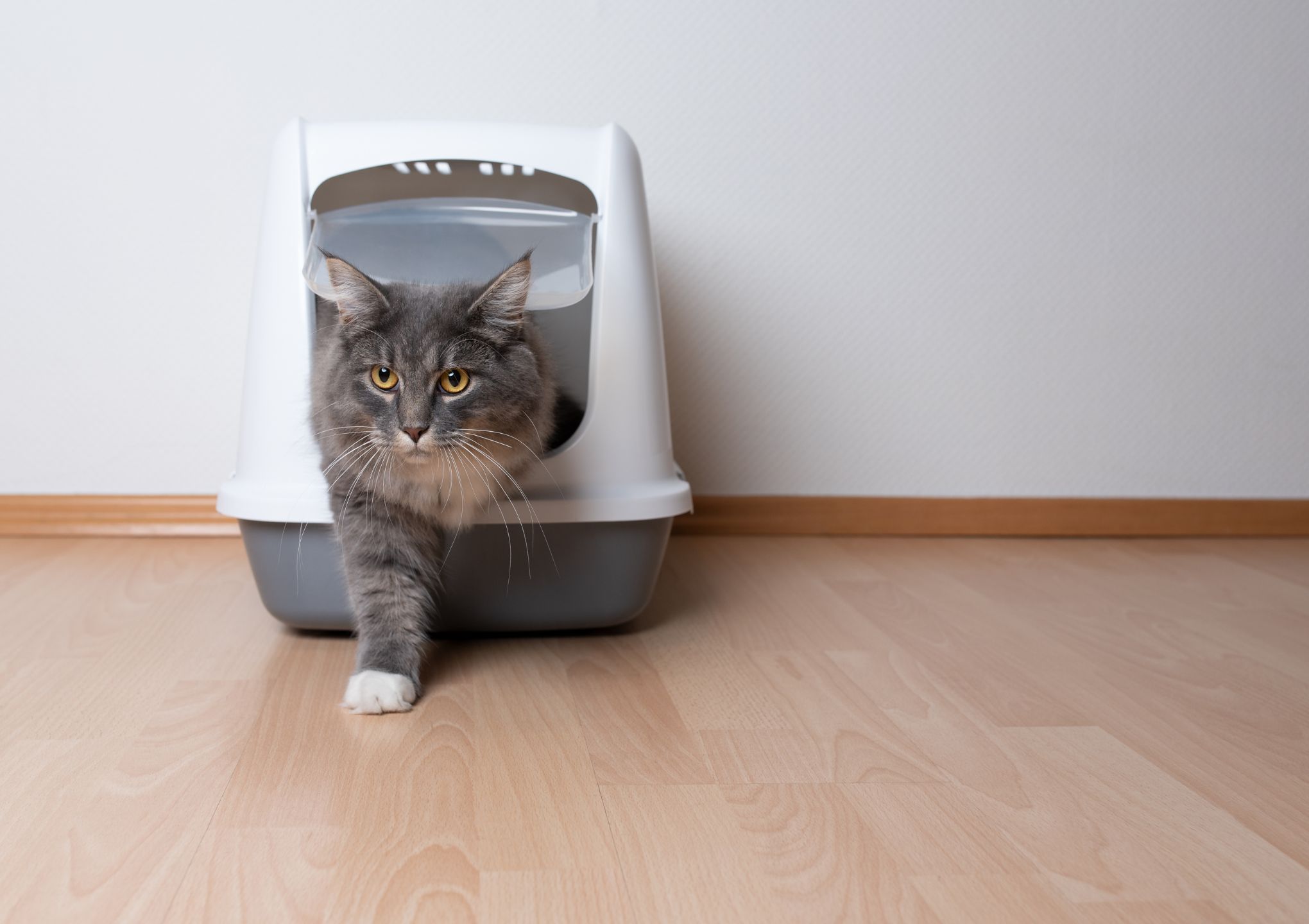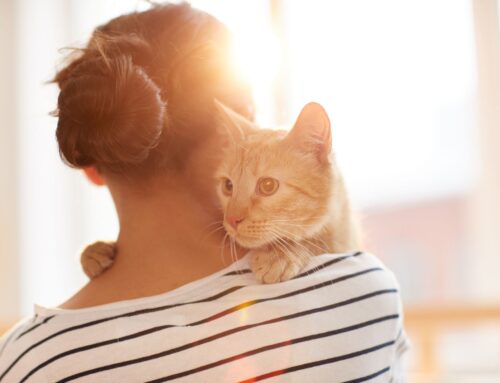As cat owners, we’re all too familiar with the unique behaviours and quirks of our feline friends. However, when something seems off, it’s crucial to pay attention, especially if your cat is experiencing constipation. This common but often overlooked issue can be distressing for your cat and may require professional intervention. If you’re in Sydney, Swift Vets’ mobile services offer an excellent solution, bringing top-notch veterinary care right to your doorstep.
Recognising the Signs of Cat Constipation
Constipation in cats can manifest in various ways, and early detection is key to preventing further complications. Here are some signs to watch for:
1. Infrequent Bowel Movements
Cats typically defecate once a day. If your cat hasn’t had a bowel movement in two days or more, it’s time to be concerned.
2. Straining in the Litter Box
Prolonged straining or frequent visits to the litter box without producing much stool can indicate constipation.
3. Hard, Dry Stools
When your cat does manage to pass stool, it may be small, hard, and dry.
4. Loss of Appetite
Constipated cats often lose interest in food due to discomfort.
5. Lethargy
A lack of energy and reluctance to move can be signs your cat is not feeling well.
6. Vomiting
Sometimes, constipation can lead to nausea and vomiting.
7. Abdominal Discomfort
Your cat may exhibit signs of pain or discomfort when their abdomen is touched.

Causes of Constipation in Cats
Dehydration
Cats that don’t drink enough water can become dehydrated, leading to hard stools.
Diet
Low-fibre diets or sudden changes in diet can contribute to constipation.
Obesity
Overweight cats are more prone to constipation due to decreased activity levels.
Medical Conditions
Conditions like megacolon, arthritis, or even certain neurological disorders can lead to constipation.
Stress and Anxiety
Changes in the environment or routine can cause stress, affecting bowel movements.

Steps to Take if Your Cat is Constipated
1. Hydration
Ensure your cat has access to fresh water at all times. Consider adding wet food to their diet to increase fluid intake.
2. Dietary Changes
Consult with Swift Vets about incorporating more fibre into your cat’s diet. This can help in forming softer stools.
3. Exercise
Encourage regular play and exercise to stimulate bowel movements.
4. Routine Check-Ups
Regular veterinary check-ups can help identify and manage underlying health issues contributing to constipation.
5. Contact Swift Vets
If your cat is showing signs of constipation, don’t hesitate to contact Swift Vets. Our mobile service in Sydney ensures your pet gets the care they need without the stress of travelling.
A Comfortable Solution with Swift Vets
Constipation in cats is a common issue but can lead to significant discomfort if left untreated. By recognising the signs early and seeking professional help from Swift Vets, you can ensure your cat remains healthy and happy. With the convenience of a mobile vet service like Swift Vets, top-quality care for your pet is just a call away. Don’t wait—schedule a visit today and give your feline friend the relief they deserve.




